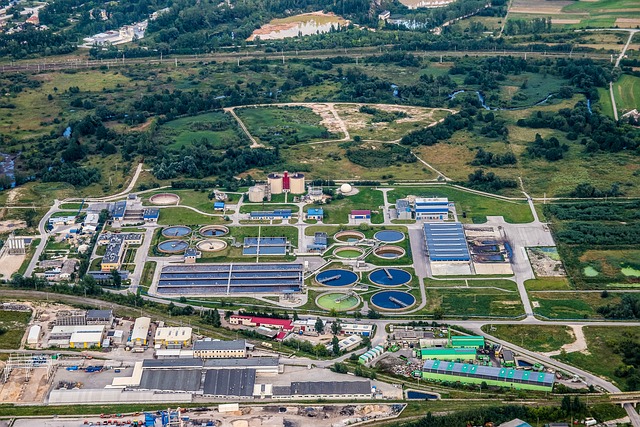The article delves into an innovative experiment by the Stream Ecology group, which demonstrates that advanced wastewater treatment, despite rigorous dilution, continues to have a significant impact on freshwater ecosystems. While reducing toxicity, it disrupts river diversity and trophic webs, prompting the need for more stringent pollution control measures to safeguard these intricate food networks in our streams. This research underscores the delicate balance between environmental protection and the conservation of natural properties in aquatic ecosystems.
Read on to learn more.

In the realm of environmental science, an innovative experiment was conducted by the Stream Ecology group to explore the persistent impact of wastewater treatment plant effluents on river diversity and trophic webs. Astonishingly, even when wastewater undergoes rigorous treatment and is highly diluted before discharge, it continues to wield an influence on these critical aspects of aquatic ecosystems.
Wastewater treatment plants have been instrumental in enhancing water quality across the globe by significantly reducing the influx of pollutants into aquatic environments. This transformation has been largely attributed to stringent environmental regulations and improved treatment processes. However, a hidden conundrum remains. Despite thorough treatment, wastewater effluents leave behind a complex cocktail of pollutants, nutrients, and pathogens that, camouflaged by other ecological factors, can quietly disrupt the delicate balance of nature.
In an effort to comprehensively study the repercussions of wastewater treatment plant effluents, the Stream Ecology group embarked on an ambitious endeavor, spanning several years. Initially, they meticulously measured various variables over the course of a year in two distinct sections of an uncontaminated stream. This groundwork was essential in understanding how these variables evolved over time and space.
Subsequently, water from a wastewater treatment plant, having undergone thorough treatment and dilution, was introduced into one of these previously uncontaminated sections. Over the course of another year, the group monitored and measured the changes brought about by these discharges on the stream's diversity and the intricate web of trophic relationships within the ecosystem.
The results of this groundbreaking study unveiled a startling truth: treated wastewater, despite its high dilution upon discharge, can have substantial effects on an ecosystem. While the toxicity of the effluent was relatively low, it triggered a cascade of transformations. Invertebrate diversity dwindled, and the communities became more heterogeneous. The proliferation of algae and herbivory increased, pointing to a shift in the ecosystem's dynamics. Despite being treated, the wastewater introduced certain nutrients that bolstered algae growth and organic matter. Simultaneously, it led to the decline of sensitive invertebrates, giving way to more resilient species.
This study serves as a resounding reminder that advanced wastewater treatment processes continue to exert an influence on freshwater ecosystems. The preservation of these delicate food webs necessitates more stringent efforts in treating polluted waters.
Meeting legislative standards is undoubtedly beneficial, yet it does not completely negate the ecological impacts. To safeguard the trophic networks of streams optimally, it is imperative to further intensify our commitment to wastewater treatment. In conclusion, the Stream Ecology group emphasizes the need for heightened measures to ensure the vitality of our freshwater ecosystems.
